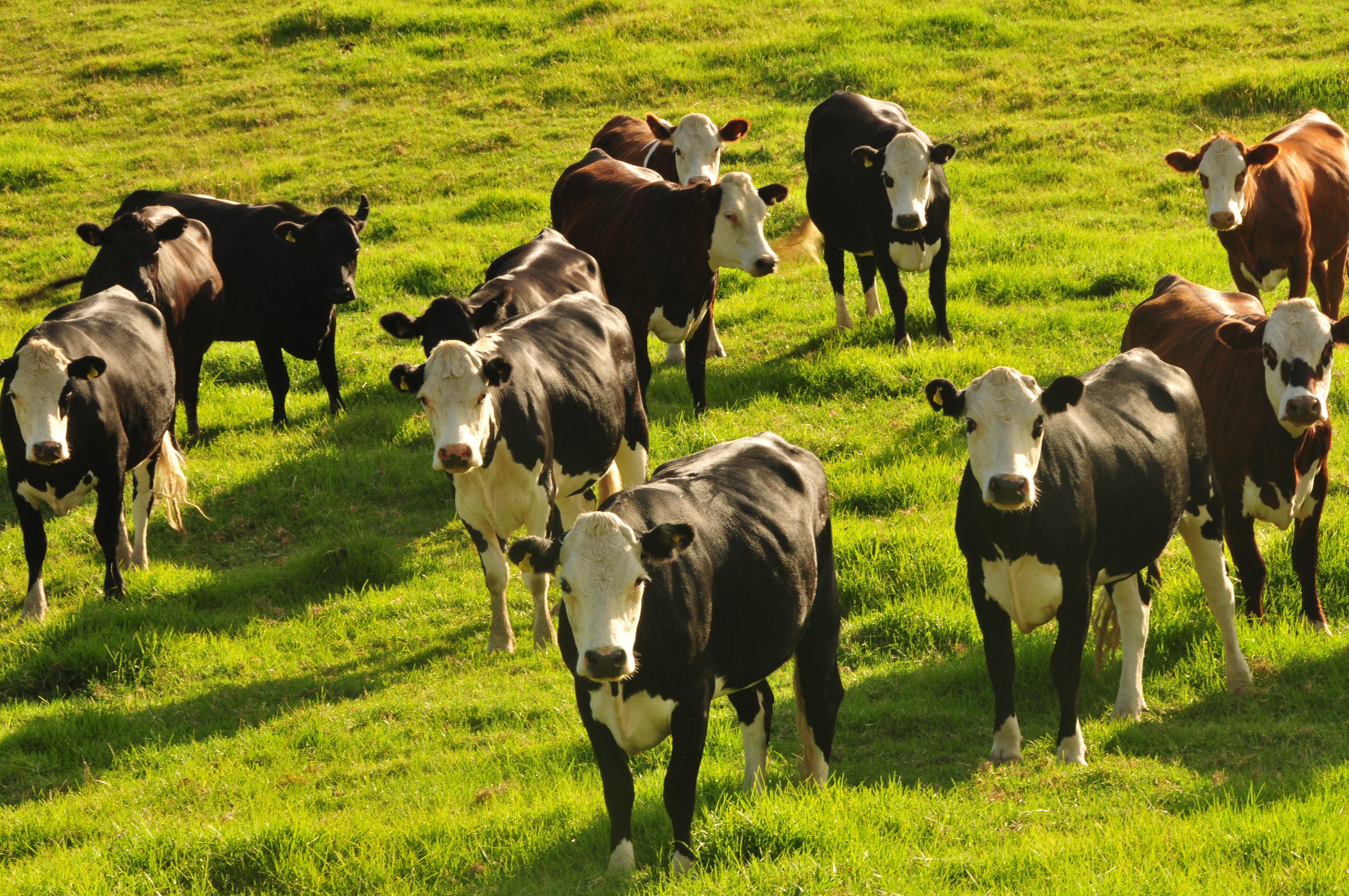News release
From:
Author summary (from paper)
Leptospirosis is a bacterial disease that can be transmitted through the urine of infected animals. Recently, the number of human cases of leptospirosis in New Zealand has increased, and wildlife is suspected to be an emerging source. To better understand this, a study was conducted on two farms in New Zealand. Wild animals, including mice, rats, hedgehogs, and possums, and domestic animals, including cattle, sheep, and working dogs, were captured, and tested for exposure to Leptospira. We found multiple serovars of leptospirosis throughout both livestock and wildlife, with important variation by species and age class. Reactions to Ballum were found in all domestic and wild species and all ages while domestic animals, possums, and hedgehogs commonly reacted to Hardjobovis. Cattle, sheep, hedgehogs, and possums also showed exposure to Tarassovi. These indicate potential multiple and complex pathways of disease transmission and dynamics among serovars and suggest that Leptospira infection in wildlife in New Zealand can pose a risk to both livestock and human health. Further research is needed to understand how the bacteria are being transmitted to effectively prevent the associated disease.



 New Zealand
New Zealand



